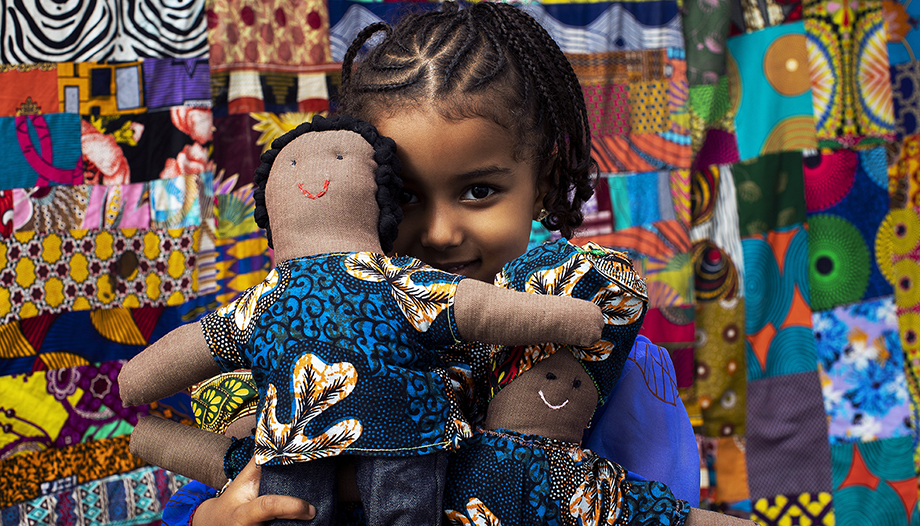The presentation of the Manos Unidas for this year 2021 has had as protagonists some of the groups most affected by hunger and poverty in the world: indigenous communities in Ayacucho and African women seeking asylum in Israel.
During his speech, Alicia VacasThe head of the Comboni Missionary Sisters for the Middle East and Asia, began by explaining that, although Israel is not a poor country, "there are pockets of poverty and above all a chronic situation of discrimination against some groups, such as African migrants or Palestinian Bedouins from the occupied territories or Iraqi and Syrian refugees".
The Kuchinate project
Alicia Vacas focused her speech on African women from groups of South Sudanese and Eritrean migrants. Women who have suffered abuse and violence and without recognition as refugees by the Government. Before arriving in Israel, they have suffered, as this missionary has related "all kinds of hardships and violence: a crossing through the desert to reach Israel, kidnapping and violence exercised by mafias, torture and extortion...".
Change of mentality
Experiences that were not easy to share to help them, until a Comboni missionary of Eritrean origin explained that in her country, women's sorrows were shared by knitting. Thus was born Kuchinate (Crochet in Tigrinya), which is being developed thanks to the support of Manos Unidas. Thanks to a providential donation of T-shirt fabric, the women began to meet to weave crochet baskets and thus also began to weave personal relationships and the opening of wounds.
Kuchinate currently serves "more than 300 women in situations of extreme vulnerability who make up this project. They receive, above all, psychosocial and professional support, facilitating their integration into Israeli society and their recognition as refugees".
The head of the Comboni Missionary Sisters for the Middle East and Asia stressed that Kuchinate is "an example that "another world is possible, that there are alternatives to fear, to exclusion... and that the alternative is through solidarity and the care of the common good, which is the focus of the campaign of Manos Unidas this year and is what Pope Francis reminds us in the Fratelli tutti", and concluded her speech with a call to "make this crisis an opportunity to put ourselves in the shoes of those who suffer most".
Peru: water and promotion of women
From Peru, the president of the association SER (Servicios Educativos Rurales), Raquel ReynosoThe pandemic has shown the vulnerability of society as a whole.
Reynoso described the situation of the people of Ayacucho (Peru), an area where she works in projects with the support of Manos Unidas. In addition to the Covid pandemic, these people have suffered, since before, "lack of drinking water, they are communities that live from day to day and that, if they did not go out to sell, they died of hunger or died of Covid. In addition, many of them do not have electricity and could not preserve food for a confinement".
She also described the situation of the women with whom she works and who have suffered the consequences of the armed conflicts that have been raging in the area for decades, as well as discrimination because of their feminine condition. It is these women, however, who are responsible for working the land.
Reynoso focused on two lines of work, with the support of Manos Unidas, with encouraging results: the implementation of sanitation and access to water projects and the promotion of projects for the advancement of women so that they, as well as their family and social environment, understand their collective rights, are recognized and valued and also have access to managerial positions like men.
Reynoso highlighted the solidarity that the rural communities of this Peruvian area have shown in these times of pandemic, which has hit the area very hard. A solidarity among the neighbors themselves, but which has also led them, for example, to send food to urban areas and to create family and community gardens to help each other. A solidarity of which "we can become infected and see how we can share the little we have".












